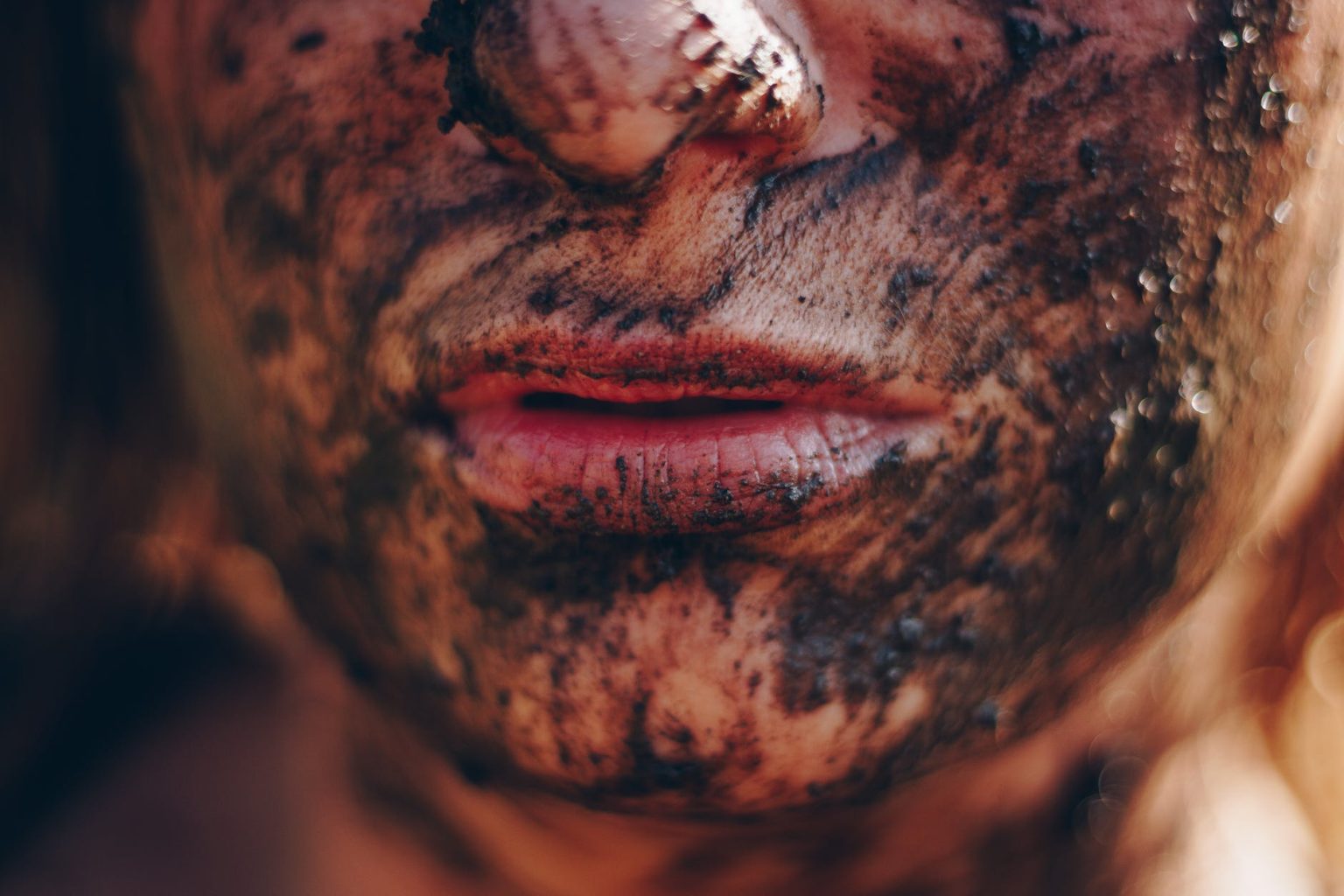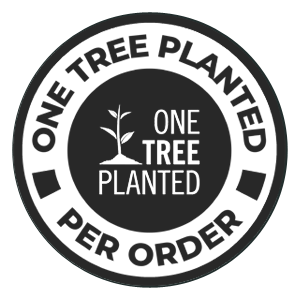Psoralea Corylifolia Seed Extract
Manuela ValentiShare
Common Name
- Commonly misrepresented as Bakuchiol
- Babchi Seed Extract
- Babchi Extract
- Bakuchi Extract (misrepresented as Bakuchiol)
- Bakuchi Seed Extract (often confused with Bakuchiol)
- Psoralea Seed Extract
- Bakuchiol Extract (misrepresented as Bakuchiol)
INCI
Psoralea Corylifolia Seed Extract
Extraction or Production Process
Psoralea Corylifolia Seed Extract is obtained from the seeds of the Psoralea corylifolia plant, also known as Babchi. It's important to distinguish between:
- Psoralea Corylifolia Seed Extract – A crude water-based extract containing multiple bioactive compounds, including psoralens (phototoxic furocoumarins), flavonoids, and coumarins.
- Babchi Oil (Psoralea Corylifolia Seed Oil) – An oil expressed or solvent-extracted oil that may still contain traces of psoralens but is primarily composed of fatty acids and phytochemicals.
The correct extraction process for Psoralea Corylifolia Seed Extract involves the following steps:
-
Seed Harvesting & Cleaning
- The mature seeds are harvested from Psoralea corylifolia plants, primarilly grown in India, China and Nepal.
- The seeds are cleaned and dried, sometimes sun-dried, to remove impurities, debris, and excess moisture.
-
Grinding & Pre-Treatment
- The dried seeds are mechanically ground into a fine powder to increase surface area for extraction.
- In some cases, pre-treatment with mild heat or enzymes is used to enhance bioactive compound release.
-
Solvent Extraction (Primary Extraction Method)
- The seed powder is macerated in a solvent medium to extract bioactive compounds, including psoralen, isopsoralen, and other furocoumarins.
-
Common solvents used include:
- Ethanol or methanol and water – Used for water-solvent extractions that yield a water-based solution that's light to dark brown in color.
- Decoction (traditional aqueous extraction – Used in water-based extractions. Yields a light brown to dark brown aqueous solution.
- The extracted solution is filtered to remove impurities.
-
Evaporation and Concentration:
- Depending on the intended use, the extract may be:
- Standardized to a specific psoralen content (for controlled applications).
- Spray-dried into a powder for cosmetic formulations.
- Mixed with glycerin and preservatives for liquid formulations.
- Stabilizers, preservatives, or antioxidants may be added to extend shelf life.
- The extract is bottled or packaged for use in skincare and pharmaceutical products.
- Depending on the intended use, the extract may be:
Unlike Bakuchiol, which is a single isolated compound, Psoralea Corylifolia Seed Extract contains a mixture of bioactive compounds, including psoralens and furocoumarins, which are known for their phototoxic and DNA-damaging properties.
Sources
- Psoralea corylifolia plant seeds
Country of Origin
- Native to: India, China, and Sri Lanka
- Commercially cultivated and processed in: India, Nepal, and China
Function
Despite scientific concerns, Psoralea Corylifolia Seed Extract has been falsely marketed and used in skincare and traditional medicine for:
- Anti-aging formulations (due to its claimed retinol-like effects which is a false statement)
- Skin-brightening treatments (contrary to this statement psolarens darkens the skin in the presence of UV light due to its phototoxicity)
- Ayurvedic and Traditional Chinese Medicine (TCM) skincare products
- Hair growth treatments
- Herbal anti-acne formulations
Some manufacturers have misleadingly labeled this extract as a natural alternative to retinol, falsely associating it with Bakuchiol, an entirely different compound with no structural or chemical relation to psoralen-containing extracts.
Properties
- Antimicrobial Properties – Some studies suggest Psoralea corylifolia extract exhibits mild antibacterial effects.
- Antioxidant Activity – Contains flavonoids and coumarins, which have been investigated for free-radical scavenging potential.
- Melanin Modulation – Certain bioactive compounds in the extract can influence skin pigmentation, which is why it has been used in hyperpigmentation treatments.
However, these properties come with severe risks due to its high content of psoralens, which are highly phototoxic and can cause severe skin damage.
Benefits
Despite claims made by manufacturers, scientific validation of the skincare benefits of Psoralea Corylifolia Seed Extract remains weak.
- Retinol Alternative? No. The extract contains no structural similarity to Bakuchiol. Sytheon the only producers of 99% pure Bakuchiol have tested this ingredient and found no trace amounts of the Bakuchiol molecule in it, rendering this ingredient Bakuchiol free.
- Safe for Daily Use? No. The presence of psoralens and furocoumarins pose a significant phototoxic risk.
Most of the supposed skincare benefits on Psoralea Corylifolia Seed Extract are anecdotal not scientific. and are outweighed by the ingredient's known risks and toxicological profile.
Contraindications and Precautions
1. Phototoxicity and Severe Skin Reactions
Psoralens and furocoumarins in Psoralea corylifolia seed extract are highly phototoxic, meaning they become toxic when exposed to UV light.
Skin Exposure to UV Light Can Cause:
- Hyperpigmentation and permanent dark spots
- Severe blistering, burns, and photosensitivity
- Long-term skin damage leading to premature aging
Scientific Evidence:
- A study published in the Journal of Photochemistry and Photobiology found that psoralens increase UV-induced DNA damage, leading to mutagenicity and an increased risk of skin cancer.
- The European Medicines Agency (EMA) has flagged psoralen-containing herbal extracts for potential genotoxicity.
2. DNA Damage and Carcinogenic Potential
- Psoralens intercalate into DNA and form cross-links upon UV exposure, leading to mutations and genomic instability.
- Long-term use can increase the risk of skin cancers, including melanoma.
3. Misleading Labeling and Consumer Deception
Many skincare brands falsely market Psoralea Corylifolia Seed Extract as "Bakuchiol", misleading consumers seeking safer, non-irritating retinol alternatives.
Bakuchiol and Psoralea Corylifolia Seed Extract are NOT the same:
- Bakuchiol is a single, well-isolated meroterpene with retinol-like properties and NO psoralens.
- Psoralea Corylifolia Seed Extract contains highly phototoxic psoralens and coumarins, making it unsafe for cosmetic use.
4. Regulatory Warnings and Safety Concerns
The European Medicines Agency (EMA) and Cosmetic Ingredient Review (CIR) panel have raised concerns over the genotoxic and phototoxic effects of psoralen-containing extracts.
The FDA does not pre-approve cosmetic ingredients (except for color additives) but also does not explicitly recognize Psoralea Corylifolia Seed Extract as safe or effective for over-the-counter cosmetic use. However, this does not mean it is outright banned or restricted by the FDA — rather, its safety is left to manufacturers to determine under existing cosmetic regulations.
The FDA has however approved Psoralens (P) + Ultraviolet-A light (UVA) radiation, PUVA as a therapy for clinical and pharmaceutical applications for individuals with psoriasis and vitiligo, therapy which is known and has been proven to cause squamous cell carcinoma, a form of skin cancer, basal cell carcinoma and even melanoma.
Psoralens, contrary to several cosmetic marketing claims, also increase the risk of rapid aging as well as hyperpigmentation or brown spots on the skin in the presence of UV-light.
Why By Valenti Will Never Formulate with Psoralea Corylifolia Seed Extract
By Valenti upholds the highest standards of ingredient safety and transparency. We have strict formulation guidelines to ensure all ingredients meet scientifically validated efficacy and safety profiles.
Reasons We Will Never Use This Ingredient
- Highly phototoxic and damaging to the skin
- Contains psoralens, known to cause DNA damage and potential carcinogenic effects
- Incorrectly marketed as Bakuchiol, misleading consumers
- Lack of clinical evidence supporting its efficacy as a retinol alternative
- Severe risk of hyperpigmentation, skin burns, and irritation upon UV exposure
- Increase risk of carcinoma related skin illnesses
Although Psoralea Corylifolia Seed Extract has not been evaluated or approved by the FDA for safety and effectiveness in over-the-counter cosmetics, its phototoxicity raises significant concerns for us to approve this ingredient in our formulas.
We are committed to honest ingredient transparency and scientific accuracy, which is why we will never include Psoralea Corylifolia Seed Extract in any By Valenti® product, much less as an alternative to the real Bakuchiol which we already formulate with.








